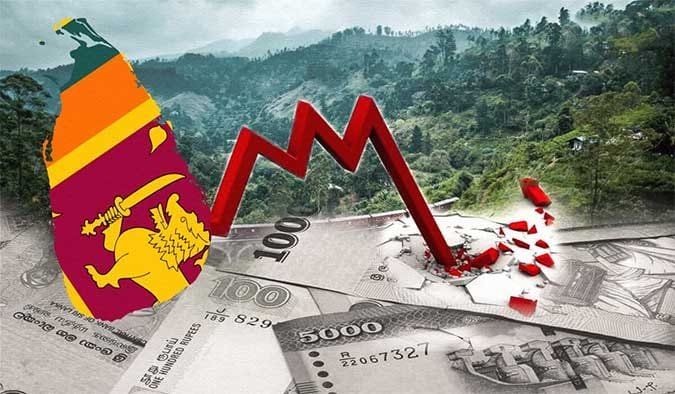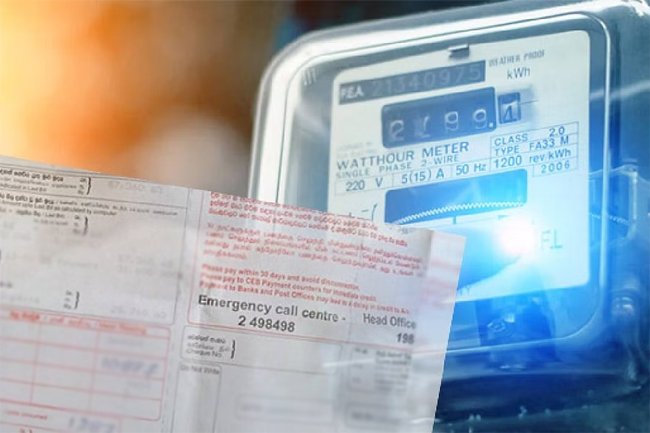The Ceylon Federation of Micro, Small, and Medium Enterprises (MSMEs) is hopeful that the Government will offer a favorable resolution to their appeal against the Parate law, as the temporary suspension of the controversial regulation is set to expire on 15 December 2024. This optimism stems from two rounds of discussions with the Economic Council, as MSMEs continue to face mounting challenges in the current economic climate.
Strong Representation by MSMEs
Mahendra Perera, President of the Ceylon Federation of MSMEs, highlighted the urgency of the matter during a recent statement. He noted that the Federation has presented a six-point proposal aimed at addressing the long-standing concerns of the sector.
“We have made a united call for a permanent solution to the Parate law. The proposals we submitted reflect the urgent need for reforms to protect the backbone of our economy – MSMEs,” Perera explained.
The Federation’s discussions involved key Government officials, including President’s Senior Consultant for Economic Affairs and Finance Prof. Anil Jayantha Fernando, Dr. Harshana Suriyapperuma, and Chathuranga Abeysinghe. These talks are expected to bear fruit as the Government announces its policy direction in the 10th Parliament on 21 November 2024.
What the MSMEs Propose
The Federation’s six-point proposal calls for:
- A permanent overhaul of the Parate law to reflect the realities of today’s economic environment.
- Debt restructuring amounting to Rs. 250 billion, to alleviate the burden on struggling businesses.
- Development of a National Policy for MSMEs to provide a framework for long-term growth and stability.
- Appointment of a dedicated panel of experts to safeguard the interests of 1.5 million MSMEs and their 4.5 million employees.
- Collaboration between financial institutions and the Government to tackle systemic challenges.
- Addressing issues such as high interest rates, lack of transparency, and challenges in recovery for MSMEs.
Perera stressed the critical nature of these reforms, especially with just a few weeks left before the suspension of the Parate law expires.
Impact of the Parate Law on MSMEs

The Parate law, which allows banks to seize properties in cases of loan defaults, has long been a source of concern for MSMEs. Last year alone, over 1,400 properties were seized by banks under this law, resulting in the closure of many small family-owned businesses. This trend has left the MSME sector in dire straits.
“Over the last five years, MSMEs have faced a series of economic blows, starting with the 2019 Easter Sunday attacks, followed by the COVID-19 pandemic, and culminating in the recent economic crisis,” Perera explained.
The situation has been particularly dire, with over 263,000 MSMEs shutting down during the peak of the crisis. Additionally, more than 60% of businesses are currently classified as having non-performing loans (NPLs), further compounding their struggles.
Addressing the Debt Crisis
One of the key points in the Federation’s proposal is the restructuring of Rs. 250 billion in total debt. This measure aims to provide immediate relief to MSMEs, many of which are burdened by high-interest loans and reduced market activity.
Perera also emphasized the importance of revisiting interest rates and creating a transparent process for recovery. “Without these critical changes, many businesses will be unable to survive, and the livelihoods of millions will remain at risk,” he said.
Collaboration with IMF Officials
The Federation plans to engage with visiting IMF officials in Colombo to discuss these issues further. These talks aim to align the MSME sector’s needs with the goals of the IMF-supported reform program, which is central to Sri Lanka’s economic recovery strategy.
“Although a date for the discussion has not been set, we hope to address crucial issues, including debt restructuring, re-evaluating interest rates, and ensuring transparency in the recovery process,” Perera added.
The Federation is optimistic that the IMF’s involvement will provide an opportunity to bring global best practices into the conversation and ensure that MSMEs receive the support they urgently need.
The Need for a National Policy
A National Policy for MSMEs has also been proposed as part of the six-point plan. This policy would be developed in collaboration with financial institutions and Government bodies to create a sustainable framework for MSME growth.
Perera highlighted that the lack of a comprehensive policy has left MSMEs vulnerable to economic shocks. He called on the Government to prioritize this initiative to ensure that the sector can thrive in the long term.
Looking Ahead
As the 10th Parliament convenes, the Government is expected to announce its policy direction, which will have significant implications for the MSME sector. Stakeholders are hopeful that the reforms will address their most pressing challenges.
“The window for action is closing rapidly. The Government’s decision next week will determine the future of 1.5 million MSMEs and their 4.5 million employees,” Perera emphasized.
The Ceylon Federation of MSMEs remains committed to advocating for the interests of the sector, which is widely regarded as the backbone of Sri Lanka’s economy. By working closely with policymakers and international bodies like the IMF, the Federation hopes to secure a brighter future for small businesses across the country.
Final Thoughts
The decision on the Parate law and other proposed reforms will be pivotal for Sri Lanka’s MSME sector. With millions of livelihoods at stake, the coming weeks will be critical in shaping the country’s economic recovery and long-term stability.
The Federation’s proactive approach, coupled with strong representation at both the local and international levels, highlights the importance of MSMEs in the nation’s growth story. Now, all eyes are on the Government to deliver the much-needed reforms to support this vital sector.












